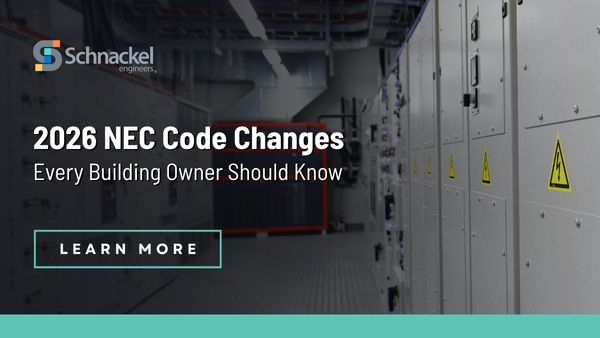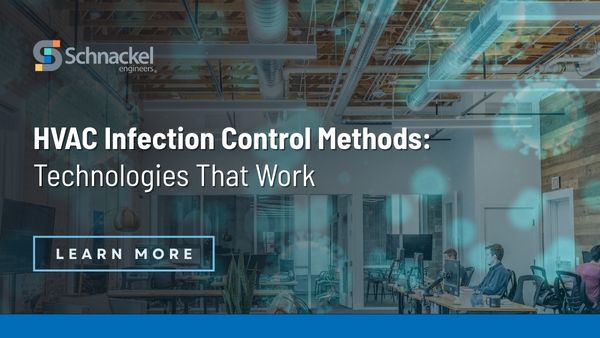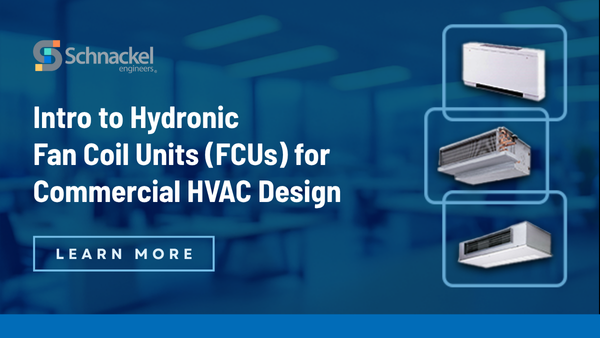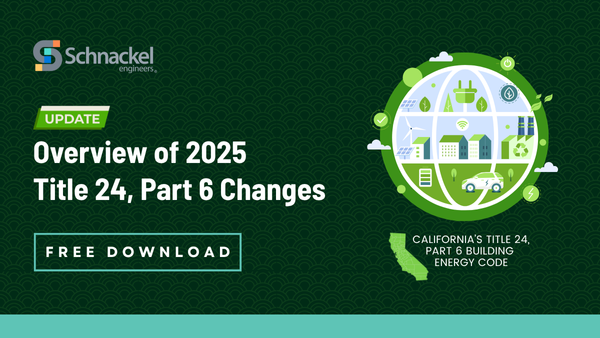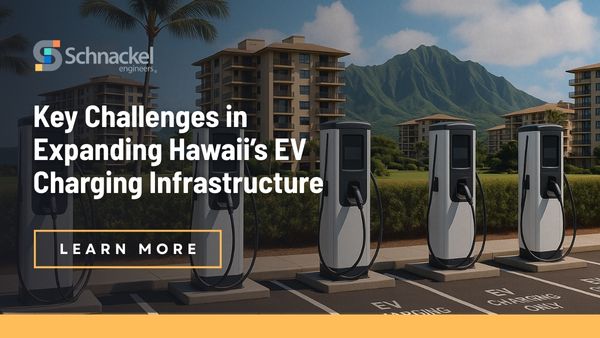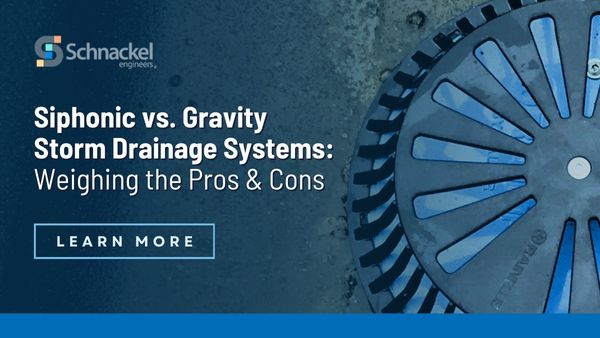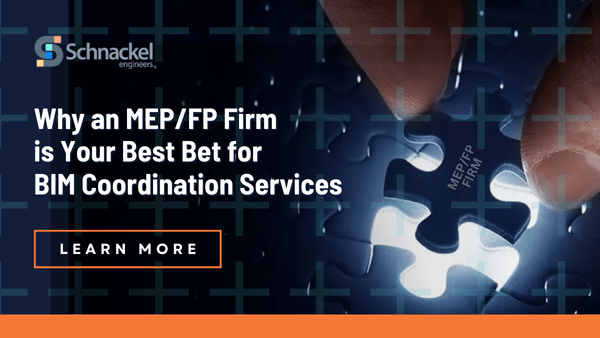Traditional mechanical, electrical, and plumbing (MEP) construction relies on a “stick-built” approach, where individual components are purchased, shipped to a job site, and assembled by multiple trades, often in a confined space. This method introduces variables like compatibility, field quality control, labor shortages, and coordination errors. A packaged MEP skid offers a streamlined alternative by… Read More
Understanding the Basics of Central Utility Plants
In many large buildings and multi-building facilities, heating and cooling are not produced inside each individual structure. Instead, these services are generated from a centralized location known as a central utility plant. Central utility plants serving very large installations can include on-site power generation for emergency power and even normal power in the case of… Read More
2026 NEC Code Changes Every Building Owner Should Know
The National Electrical Code (NEC) is updated every three years to reflect new technologies, safety standards, and industry practices. The upcoming 2026 NEC Code cycle includes major changes that impact not just electrical contractors and engineers, but also building owners, architects, and facility managers. Understanding these updates is critical because they can influence project costs,… Read More
Fire Protection & Life Safety: Why Every Building Needs Both
Fire Prevention Week (October 5–11) is a timely reminder that fire safety goes beyond alarms and sprinklers—it’s about protecting people first and property second. For architects, building owners, and facility managers, ensuring that both fire protection systems and life safety strategies are in place is not only a code requirement, but also an important obligation…. Read More
HVAC Infection Control Methods: Technologies That Work
In our Indoor Air Quality 101 blog, we explored the basics of IAQ—what it is, why it matters, and how poor indoor air quality affects health, comfort, and productivity in buildings. But as we head into flu season and continue facing other airborne infectious diseases like RSV and COVID-19, building owners are asking an even… Read More
Intro to Hydronic Fan Coil Units (FCUs) for Commercial HVAC Design
In HVAC system design, hydronic fan coil units (FCUs) are a popular yet sometimes misunderstood component. Understanding how hydronic fan coil units work and where they function best may help architects and building owners make better early-stage decisions when assessing HVAC systems. In this blog, we will go over the fundamentals of hydronic fan coil… Read More
Optimizing Retail Rollouts Through AI‑Driven MEP Design
Retail rollouts are key for rapidly expanding a brand’s presence across multiple locations. However, managing MEP (Mechanical, Electrical, and Plumbing) systems for these projects can be complex, especially with tight deadlines, varying site conditions, and the need for consistency across all stores. Ensuring that each location is functional, energy-efficient, and cost-effective requires precision, collaboration, and… Read More
Overview of 2025 Title 24,Part 6 Changes
UPDATE: California’s Title 24, Part 6 Building Energy Code The 2025 Title 24 Part 6 (Energy) code expands on the new construction baselines, for single-zone heat pumps, introduced in the 2022 code update. It encourages electric-ready buildings, for when owners are ready to invest in those technologies. It updates photovoltaic and battery energy storage system… Read More
Retrofitting MEP Systems: What Building Owners Should Know
Mechanical, electrical, and plumbing (MEP) systems are vital to how a building performs, but over time, these systems age, lose efficiency, and struggle to meet modern performance, safety, and sustainability standards. Retrofitting MEP systems in existing buildings is one of the most effective ways to reduce energy use, lower operating costs, increase property value and… Read More
How AI-Powered MEP Firms Give Architects a Competitive Edge
The architecture, engineering, and construction (AEC) industry is continually evolving, driven by innovation, efficiency, and technology. Architects face intense competition in delivering projects faster, more cost-effectively, and with fewer errors. Partnering with an AI-powered MEP (Mechanical, Electrical, and Plumbing) firm is becoming an essential strategy for architects looking to maintain and enhance their competitive edge…. Read More
Key Challenges in Expanding Hawaii’s EV Charging Infrastructure
Hawaii is at the forefront of clean energy adoption, with a statewide goal of reaching 100% renewable energy by 2045. A key part of this vision includes expanding electric vehicle (EV) charging infrastructure to support the growing number of EVs on the road. While progress is being made, developing a reliable and accessible EV charging… Read More
Why Sustainable MEP Design is Key to LEED Certification Success
Sustainable building design is a growing priority in the Architecture, Engineering, and Construction (AEC) industry as organizations look to reduce environmental impact and operational costs. Leadership in Energy and Environmental Design (LEED) certification has become the benchmark for green building standards, offering clear benefits—lower energy use, healthier indoor environments, and reduced carbon footprints. With the… Read More
Siphonic vs. Gravity Storm Drainage Systems: Weighing the Pros and Cons
When designing a storm drainage system for a building, choosing between siphonic and gravity drainage systems is a crucial decision that impacts both performance and cost. Each system has its own unique advantages and limitations, making it essential for architects and project owners to understand how they work. In this blog, we’ll compare siphonic drainage… Read More
Why an MEP/FP Firm is Your Best Bet for BIM Coordination Services
Building Information Modeling (BIM) has revolutionized the construction industry, enabling more efficient planning, design, and coordination. Among the many advantages of BIM, one of the most crucial is the ability to detect and resolve conflicts early in the process, well before construction begins. When it comes to MEP (Mechanical, Electrical, Plumbing) and FP (Fire Protection)… Read More
The Advantages of AI-Powered MEP Design over Traditional Methods
MEP (Mechanical, Electrical, Plumbing) systems play a crucial role in the functionality and efficiency of any building. These systems account for a significant portion of the total project costs, therefore the design process must be carefully managed to optimize performance, reduce waste, and stay within budget. In recent years, AI-powered MEP design has emerged as… Read More


